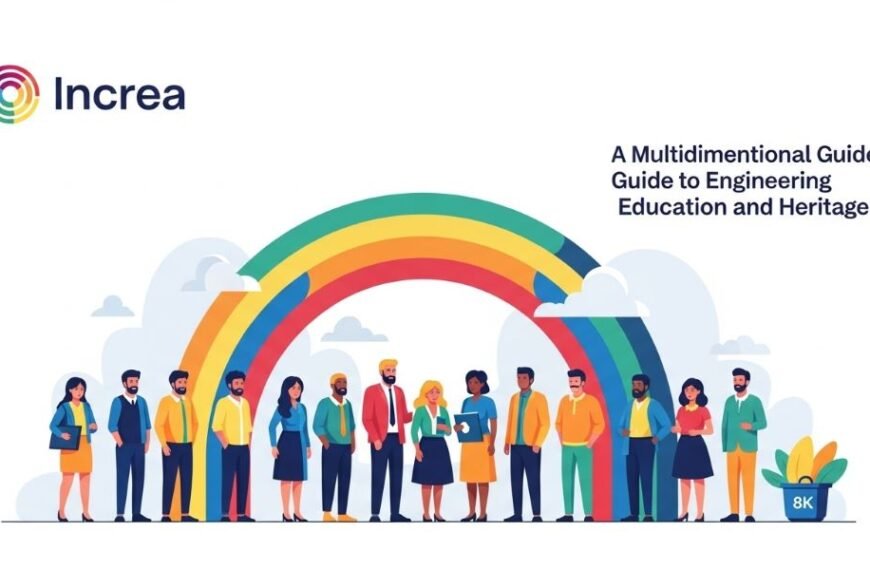Big changes are coming to the UK’s job support system, aiming to modernize services, boost employment rates, and offer better career opportunities for all.
The DWP issues Universal Credit warning as 42 Jobcentres close, while Labour rolls out major reforms.
Here’s what benefit claimants and job seekers need to know about the future of employment support in the United Kingdom.
DWP Issues Universal Credit Warning as 42 Jobcentres Close

The Department for Work and Pensions (DWP) has issued a fresh warning to Universal Credit claimants amid the announcement that 42 temporary Jobcentres will soon close. These sites were initially opened during the COVID-19 pandemic to manage rising demand and to maintain social distancing rules.
However, now that the pandemic’s peak has passed, the government believes these extra Jobcentres are no longer necessary. Still, many people are concerned: will closing so many centres harm claimants’ access to vital support?
Luckily, a DWP spokesperson reassured everyone that services would not be reduced, and that face-to-face appointments would continue at permanent locations. It was also confirmed that no Work Coaches would lose their jobs.
The closing of these temporary sites will not reduce our levels of service, or access to face-to-face appointments, said the DWP.
See official DWP statement for more details.
Still, these closures come at a sensitive time, with Universal Credit claims at 7.3 million across the UK. In cities like Birmingham, almost 219,000 people are on Universal Credit, many of whom have struggled to find steady employment.
Why Were the Extra Jobcentres Opened?
During the COVID-19 pandemic, the number of people needing help from the DWP skyrocketed. In response, temporary Jobcentres were opened to provide more space and quicker services. These pop-up offices helped ease long queues and gave people better access to benefits.
Now, as things return to normal, the government says it no longer needs to maintain these extra sites.
Labour’s New Employment Vision: “Get Britain Working”
Alongside the DWP warning and Jobcentre closures, Labour is launching a big plan called the “Get Britain Working” White Paper. It’s designed to completely change the way employment support works in the UK.
Here’s what Labour plans to do:
Merging Services for Better Support
One of the biggest changes is combining Jobcentres with the National Careers Service. This will create a “one-stop shop” where people can get both career advice and benefit help in one place.
Instead of just processing benefits, the goal is to offer personalised support for building long-term careers. If successful, this could massively improve outcomes for those stuck in low-wage or temporary jobs.
Tailored Help Based on Local Needs
Labour says that one-size-fits-all solutions don’t work anymore. Different parts of the country have different needs, so Jobcentres will get more power to adapt their services locally.
For example, a coastal town might focus on tourism jobs, while a big city could offer more tech apprenticeships.
Stronger Partnerships with Schools, Charities, and Businesses
Labour also wants Jobcentres to partner more closely with schools, charities, and local companies. This means more training opportunities and better pathways to real jobs.
In fact, studies show that when public services work with community groups, people find jobs twice as fast.
For research details, see this Joseph Rowntree Foundation report.
Special Help for Vulnerable Groups
Groups like young people, older workers, and disabled individuals often face extra barriers to finding work. Labour’s plan gives special attention to these groups by offering targeted programs and extra coaching.
They believe that everyone deserves the chance to succeed, no matter their background or abilities.
What About Funding?
To make all this happen, Labour has promised to invest £240 million into the job support system.
The money will go toward:
- Hiring more career coaches
- Improving Jobcentre facilities
- Creating more apprenticeship and training programs
- Boosting digital services for remote support
This level of funding shows Labour is serious about not just putting people into any job, but helping them build lasting careers.
Why It Matters: The Bigger Picture

Right now, around 21.6% of the UK’s working-age population is not working. That’s a huge number when you consider how many businesses are desperate for skilled workers.
By closing temporary Jobcentres, warning Universal Credit claimants of changes, and pushing through major reforms, Labour hopes to tackle this crisis head-on.
Their ambitious target is to raise the employment rate to 80%. They aim to do this by breaking down barriers to work, boosting skills, and giving people real opportunities not just quick fixes.
Final Thoughts
The closure of 42 Jobcentres is more than just a logistical move. It signals a new direction for the UK’s employment services.
With the DWP issuing Universal Credit warnings and Labour investing in long-term reforms, this could be a historic moment for millions of job seekers.
If Labour’s Get Britain Working vision becomes reality, the UK could move from managing unemployment to truly building careers giving hope to millions looking not just for work, but for a better future.
FAQs
Why is the DWP closing 42 Jobcentres?
The DWP is closing them because they were temporary sites opened during the pandemic and are no longer needed.
Will Universal Credit services be affected by the Jobcentre closures?
No, services will continue at permanent Jobcentres without any cuts to face-to-face support.
What warning did the DWP issue for Universal Credit claimants?
The DWP warned that claimants should stay informed about changes to service locations.
What is Labour’s “Get Britain Working” plan?
It’s a reform plan aiming to modernize employment support and help more people find lasting careers.
How will Labour improve Jobcentres?
Jobcentres will merge with the National Careers Service to provide personalized job and career support.
Who will benefit most from Labour’s new employment reforms?
Young people, older workers, disabled individuals, and long-term unemployed groups will receive extra help.
Is the government cutting Work Coach jobs?
No, the government confirmed that Work Coach positions will remain safe despite the closures.
How much is Labour investing in employment reforms?
Labour has pledged £240 million to improve job support services, training, and career development programs.






